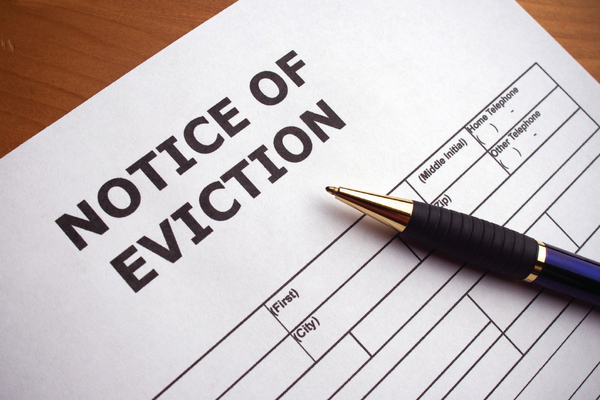Shelter demands more protection for renters as English Housing Survey exposes widespread financial difficulties
New government data showing the number of private renters struggling to pay rent and lacking savings is further evidence that the government must act to prevent a wave of evictions, homelessness charity Shelter has said.
Figures from the English Housing Survey 2018/19 show that more than one million (28%) private renters find it difficult to pay rent, while 61% reported having no savings at all. The proportion of social renters without any savings is 82%.
Shelter noted that private renting households spent 33% of their household income on rent on average and this increased to 47% for people aged between 16 and 24.
The government’s eviction ban, which started in March and was extended in June, is to be lifted on 23 August.
Polly Neate, chief executive of Shelter, said the figures reflect the “bleak situation” for renters during the COVID-19 pandemic.
She added: “Our own research shows that almost 230,000 have fallen behind with rent since March, meaning thousands could face homelessness when the eviction ban lifts – despite Robert Jenrick promising that nobody would lose their home due to coronavirus.
“Government can protect these renters, but with only a few days left before parliament breaks for summer, it must act now. Some small changes to the law would give judges the power they need to keep thousands safe in their homes and prevent a wave of COVID-evictions.”
For social renters, dissatisfaction in accommodation rose from 12.6% in 2017/19 to 13% in 2018/19, while in the private sector it fell from 10.5% to 8.7%.
Overcrowding increased across all tenure types compared with 2017/18, rising from 3.2% to 3.4% in all households.
For private renters, the overcrowding was an issue in 6.2% of households, up from 5.7%, and in the social sector it rose from 7.8% to 8%. A slight increase was recorded among owner-occupiers from 1.2% to 1.3%.
A Ministry of Housing, Communities and Local Government spokesperson said: “The Government has taken unprecedented action to support renters during the pandemic and prevent people from getting into financial hardship.
“We have introduced the furlough scheme to protect jobs, provided over £6.5 billion to strengthen the welfare safety-net, and introduced higher Local Housing Allowance rates to cover the lowest 30% of market rents.
“We have also provided protections to renters that have meant no-one has been forced from their home as a result of the pandemic."
Update at 08:41am: Article edited to include government response











